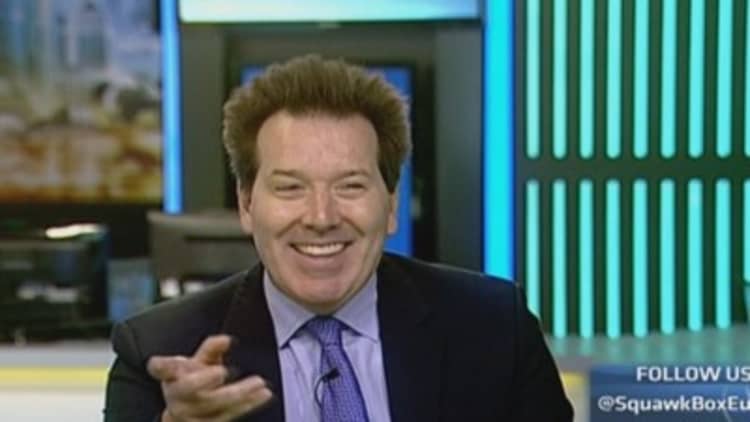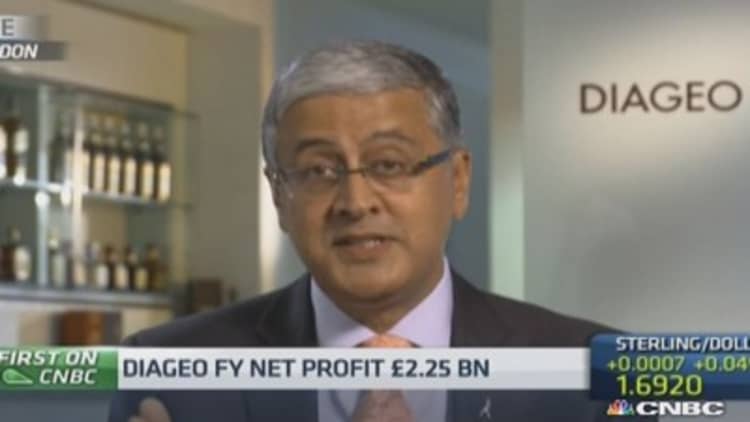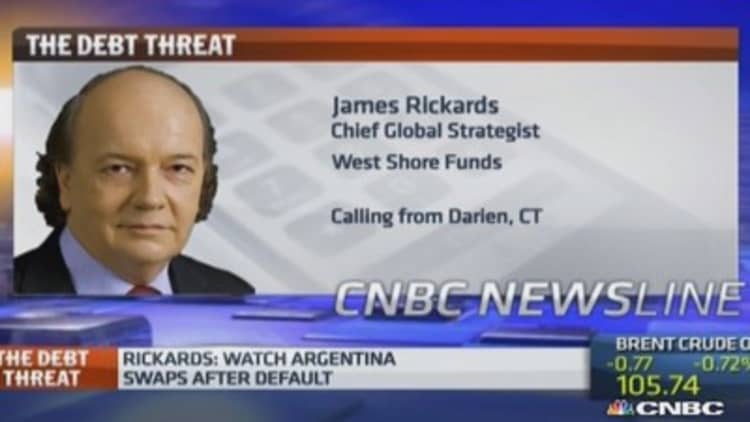One of the most surprising aspects about Argentina's default on its debt this week was the lack of market impact on other emerging economies.
This is partly because of the amount of cheap money in the international financial system thanks to central bank largesse, and also because of an apparently increasing divergence between fast-growth economies.
Yet the default is not just about the intransigence of one government (and its creditors). It highlights the perils of emerging markets – hazards buyers may need to beware of.

"People are going to have to look again at why the last 25 years (in emerging markets) were so successful, and what do countries have to do to sustain that," George Magnus, senior independent economic adviser at UBS, told CNBC.
"They're all experiencing problems with their growth models."
Yet Stephen King, chief economist at HSBC and author of "When the Money Runs Out: The End of Western Affluence", argued that emerging markets' underlying growth story has not changed.
"Countries have suddenly found themselves with much weaker growth because of export revenues, and at the same time a much greater difficulty sucking in hot money flows from abroad. These don't change the underlying story," he told CNBC.
Here, we take a look at some of the perceived emerging market wisdom – and why we might be mistaken.
"China growth will keep on trucking"
Seen the latest International Monetary Fund projections? They're warning China's economic growth could fall to 3.5 percent by about 2020, and close to 2.5 percent after that, unless the country carries out structural reforms.

"Consumption will keep on rising"
…or will it? If you look at Diageo's last set of numbers, where China sales plunged as anti-extravagance measures meant fewer bottles of their high-end liquor were bought, you can see that the growth trajectory for consumer goods in emerging markets is not always going to move upwards.
King told CNBC that there were "much lower levels of income than were originally expected" in the major emerging markets, but that living standards will continue to gradually rise.

"Argentina isn't so bad"
Remember in 2012, at the height of the euro zone debt crisis, when Nobel Prize-winning economist Paul Krugman said Argentina was an example for the single currency union on how to restructure its economy? He wasn't the only one praising the administration which has since sent the country back into defaulting on its debt repayments – again.
"Democracy doesn't really matter that much"
Much better for emerging market economies to have a benign dictatorship to make sure the wheels of finance and industry run smoothly, surely? Yet, historically as Magnus point out, countries which rely more on the free-market capitalist method of production do better for longer than state-dominated systems. Plus benign dictatorships can swiftly become less so.
"Russia's gradually de-risking"
Seen the news recently? The market may so far have shrugged off sanctions imposed against Russia over the crisis in Ukraine, but recent news has undone years of careful image-building by Russian business, and highlighted how few of the promised reforms have been carried out by its leadership.
"Credit quality is improving"
Ratings agencies are now more likely to downgrade emerging market debt than European countries – for example, Standard & Poor's and Moody's have both rushed to downgrade Argentina.
"When the tide goes out we will see who has fortified their positions and who has not," John Chambers, chairman of S&P's sovereign ratings committee, said.
- By CNBC's Catherine Boyle




